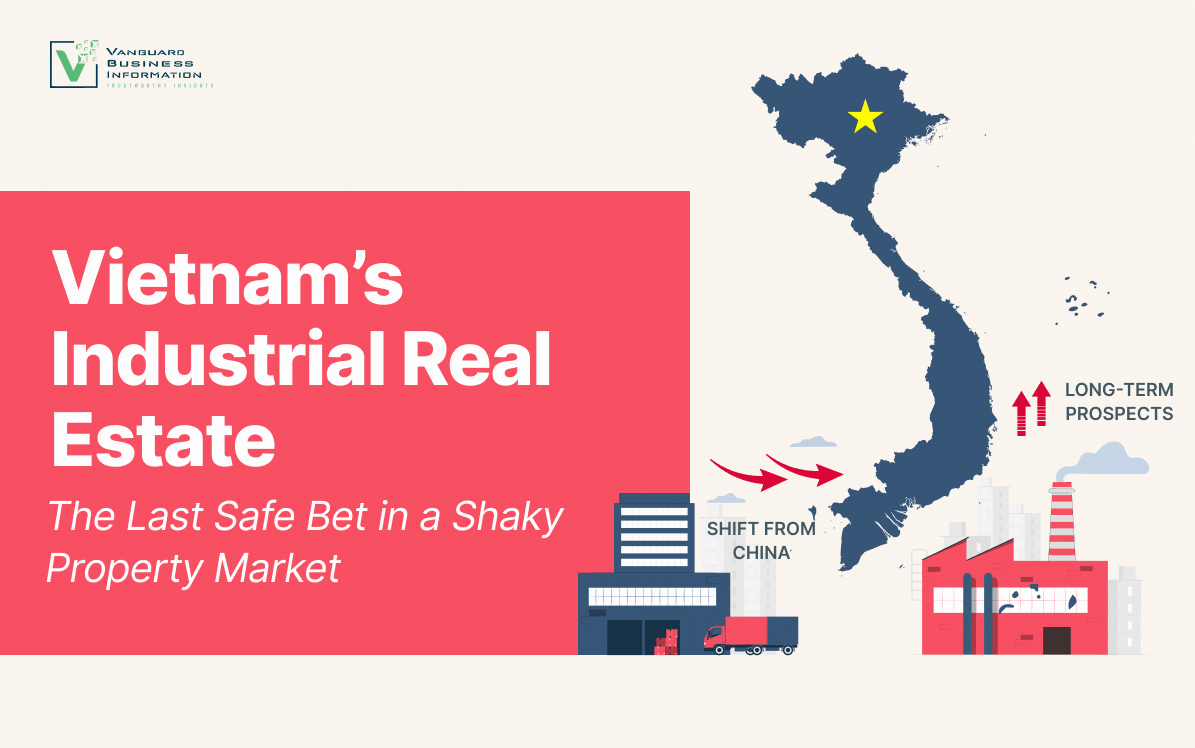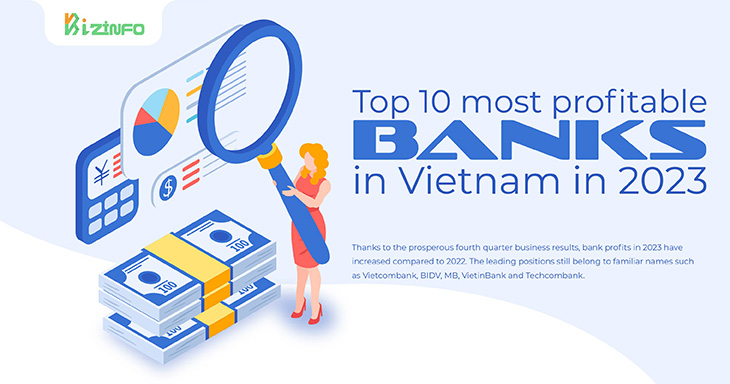Published Aug 2025
Vietnam’s Industrial Real Estate: The Last Safe Bet in a Shaky Property Market
As Vietnam’s housing market stalls and prices soar beyond reach, one real estate sector is quietly thriving—and it’s not what you think. This must-read article uncovers why industrial real estate is becoming the smartest, safest, and most strategic investment in Vietnam right now. Backed by foreign giants fleeing China and fueled by government reforms, Vietnam is on the verge of an industrial revolution. Don’t miss this deep dive into the future of real estate in Southeast Asia.

Let’s face it—Vietnam’s residential real estate market is in trouble. Prices are sky-high. Transactions are few and far between. Many developers remain deeply in debt. Buyers are hesitant. And for good reason.
But while luxury condos sit empty and overpriced land lots gather dust, there’s one segment quietly booming beneath the headlines: industrial real estate. And it's not just doing well—it’s becoming Vietnam’s most dependable growth engine.
FDI Is Pouring In—And It’s Not Slowing Down
Vietnam is at the center of a global supply chain reset. Multinational companies are moving operations out of China. Trade tensions, rising labor costs, and stricter regulations are pushing them to look elsewhere. Vietnam, with its low labor costs, young workforce, and increasingly pro-business government, appears to be the clear winner.
The result? A flood of foreign capital.
In the first months of 2025, Vietnam attracted USD 13.82 billion in registered FDI—a remarkable 40% increase compared to the same period last year. Actual disbursements also rose by 7.3%. These aren’t just promises. The money is real. The factories are going up. And they all need space.
Industrial Real Estate: Quietly Dominating the Market
While the residential sector saw demand drop—apartments down 20%, land lots down 18%, private houses down 14%—the industrial side told a different story.
Occupancy rates in industrial zones remain above 80%. That's not a typo. Despite the economic uncertainty, businesses are still moving in. Since 2018, Vietnam’s supply of ready-built factories (RBF) and ready-built warehouses (RBW) has doubled. And it’s still not enough.
Need proof? Look at Foxconn Singapore, which recently invested USD 383 million into its precision manufacturing operations in Vietnam. Or consider CapitaLand Development, partnering with Vinhomes to launch a massive mixed-use project in Hung Yen—designed to support the industrial growth of the entire region.
Even more telling: Keppel Group has begun pulling capital out of slower projects like Palm City and reallocating it elsewhere. That "elsewhere" could very well be industrial.
Government Policy Is Lining Up Behind the Sector
The Vietnamese government knows where the momentum is. And it's leaning in.
In 2025, officials rolled out a series of legal reforms to streamline real estate processes—especially for industrial land. Bottlenecks in site clearance and licensing are being cleared. Infrastructure investments are speeding up, from highways to logistics hubs. And the central bank continues to support the economy with low interest rates and targeted credit programs for export-related businesses.
This isn’t window dressing. It’s a coordinated strategy to position Vietnam as the new industrial heart of Southeast Asia.
Why Industrial Real Estate Is the Long Game?
Let’s be blunt: Residential real estate in Vietnam is overheated. Prices are detached from incomes. Buyers are waiting. Projects are stalling. And the dream of home ownership is slipping further out of reach for many.
But industrial real estate? It’s backed by production. It’s tied to trade. It serves real companies with real needs. Factories don’t speculate—they expand. Logistics firms don’t gamble—they lease.
This is why industrial property now accounts for 36% of total real estate transaction value in Vietnam. That’s a massive share. And it’s growing.
Vietnam’s Moment—and the Space to Seize It
The world is moving quickly. China is no longer the automatic choice for global manufacturers. Vietnam is next in line—but only if it can continue providing space, stability, and speed.
The opportunity is enormous. So is the competition.
If Vietnam can smartly scale its industrial zones—by developing more RBF, increasing warehouse capacity, and streamlining land acquisition—it will secure its position as a critical global production hub.
Final Thought
In a volatile real estate market, industrial is the safe bet. It’s not just another trend—it’s the foundation of Vietnam’s next economic leap. As global giants look to decouple from China, Vietnam isn’t just an alternative—it’s becoming the answer.
But only if it has the space.















